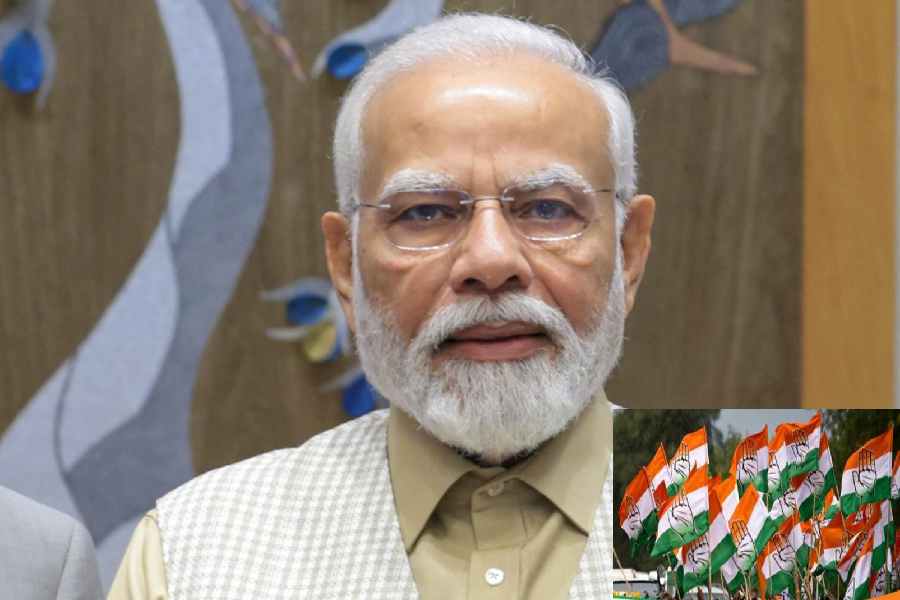The Narendra Modi government’s statement in the Supreme Court last week that it could not spell out a timeline for the restoration of statehood for Jammu and Kashmir was both troubling and telling. While the government has told the apex court that it is ready to hold elections in the region, its refusal to commit to a timeline to make Jammu and Kashmir a state again suggests that it is in no hurry to give up the direct control New Delhi has had over what is now a Union territory. At the same time, the solicitor-general’s comments to the Supreme Court on behalf of the government call the bluff of the bombastic assertions that the troubled region has been returned to normalcy by the abrogation of Article 370, under which Jammu and Kashmir enjoyed a special, semi-autonomous status. When the government scrapped that status overnight in August 2019, it also stripped Jammu and Kashmir of statehood. Ladakh was cleaved from Jammu and Kashmir, and the two regions were each turned into Union territories ruled from New Delhi. Since then, the government has insisted that the Union territory status was temporary, and that Jammu and Kashmir would receive its full statehood again eventually.
Meanwhile, the government has been busy portraying Jammu and Kashmir as a region that it has brought from militancy and corruption to peace and stability. Yet, in many ways, it’s the peace of the graveyard. Tourists are welcome to the region’s hotels, while Kashmiri journalists who question the official narrative are pushed into prisons. Leaders and diplomats of other nations are invited on chaperoned trips and to attend G20 meetings, but Kashmir’s own political leaders face severe restrictions on their activities. Jammu and Kashmir is called an integral part of India, but a Kashmiri lecturer who criticises the revocation of Article 370 before the Supreme Court can be suspended until the apex court intervenes. Promises of elections are made, but Jammu and Kashmir remains without a government for more than five years — a duration unmatched by any state or Union territory in independent India’s history, except Jammu and Kashmir itself during the worst period of militancy in the early 1990s. There was no normalcy then. There is none in Jammu and Kashmir today.










